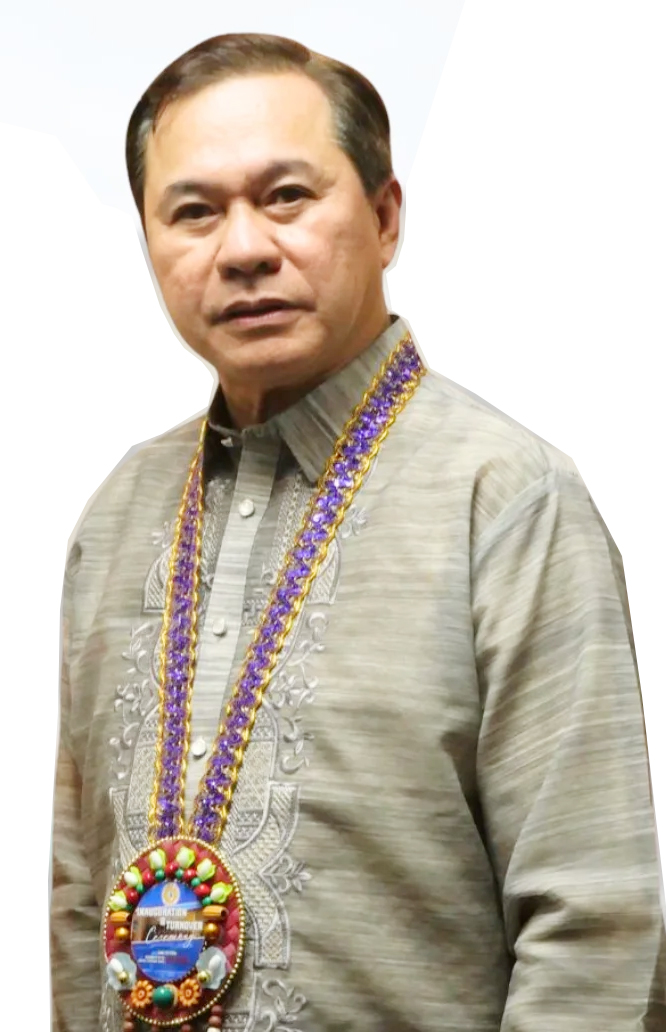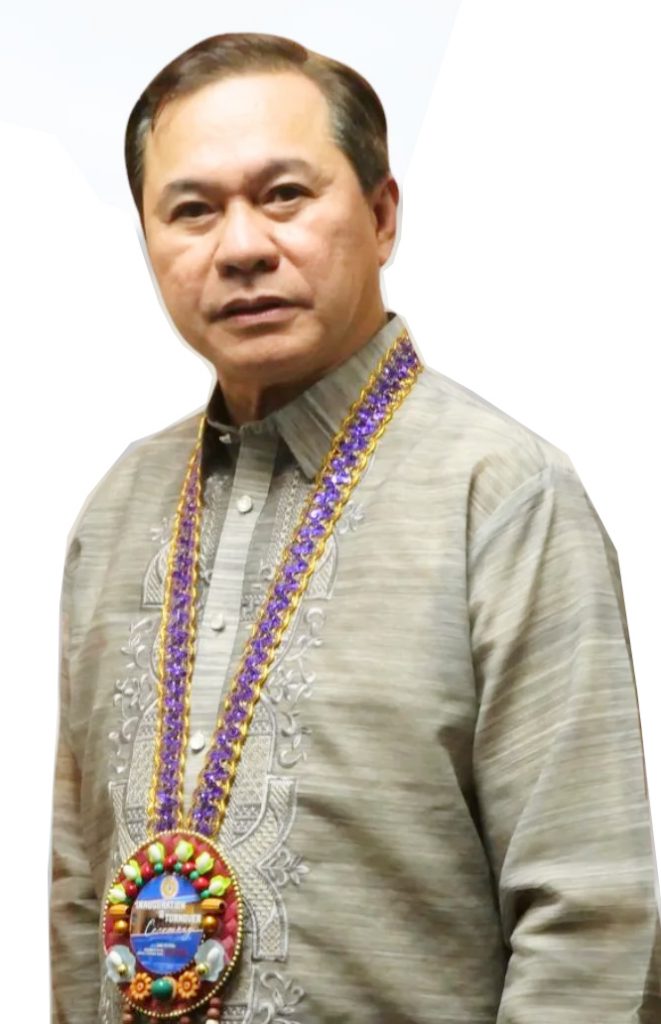TACLOBAN CITY — Amid continued security operations in Samar, a former member of the New People’s Army (NPA) has voluntarily surrendered to government forces in Villareal town, the Samar Police Provincial Office (SPPO) reported.
The surrenderee was identified as alias “Junnie,” 47, and a resident of Villareal. He turned over a serviceable caliber .45 pistol loaded with four live rounds of ammunition.
Police said the former rebel had served as vice squad leader of the Lilio Platoon under the Jorge Bolito Command, SECCOM South Samar 2 (SS2).
Authorities attributed the surrender to the ongoing major combat operations being carried out by personnel of the 2nd Samar Provincial Mobile Force Company (SPMFC), with support from other provincial and regional police units.
According to police, alias Junnie decided to abandon the armed struggle and withdraw his support from the NPA, expressing his desire to live a normal life with his family.
He will be assisted under Executive Order No. 70, or the National Task Force to End Local Communist Armed Conflict (NTF-ELCAC), subject to validation and the clearance of any derogatory records.
The former rebel underwent custodial debriefing and is currently under the protective custody of the concerned police unit. He also received initial cash assistance in line with existing government programs.
Samar Police Provincial Director Police Colonel Arwin Tadeo said the surrender underscores the impact of sustained police operations coupled with dialogue and community engagement.
“This voluntary surrender reflects the growing trust of our communities in the government and the effectiveness of our sustained security operations,” Tadeo said, adding that the Philippine National Police, in coordination with partner agencies, remains committed to peace-building efforts and the reintegration of former members of communist terrorist groups into mainstream society.
(ROEL T. AMAZONA)






